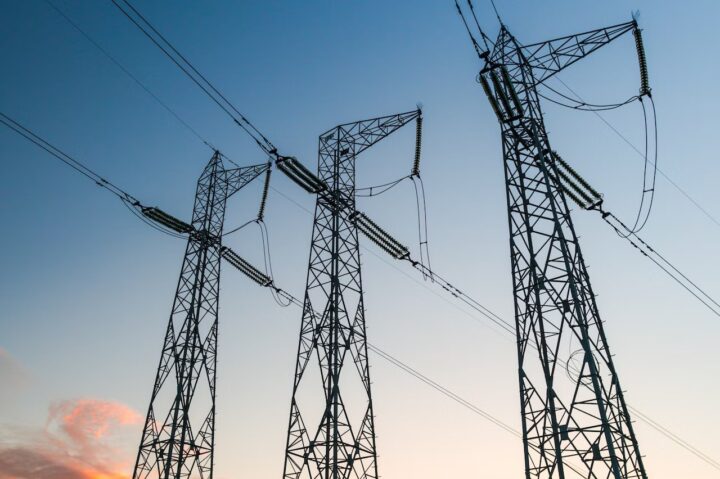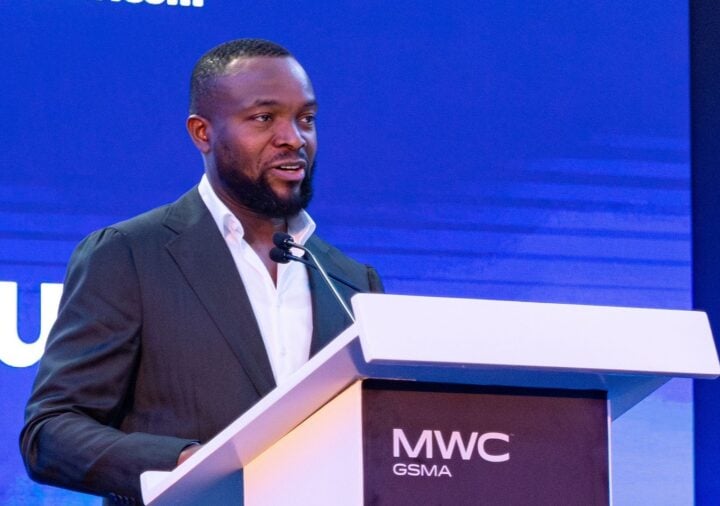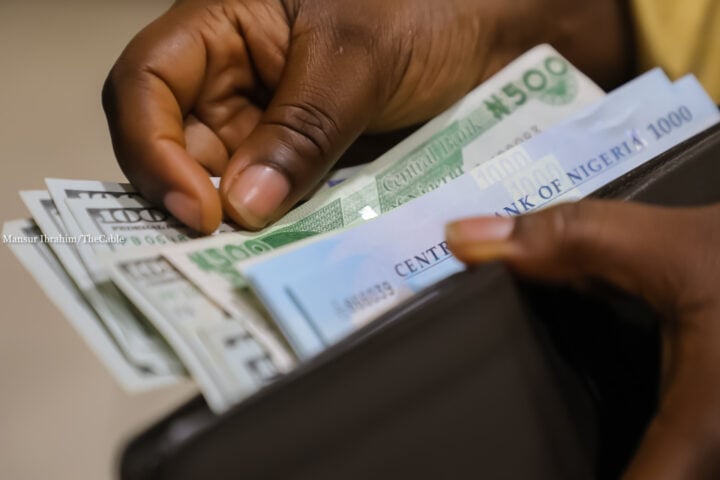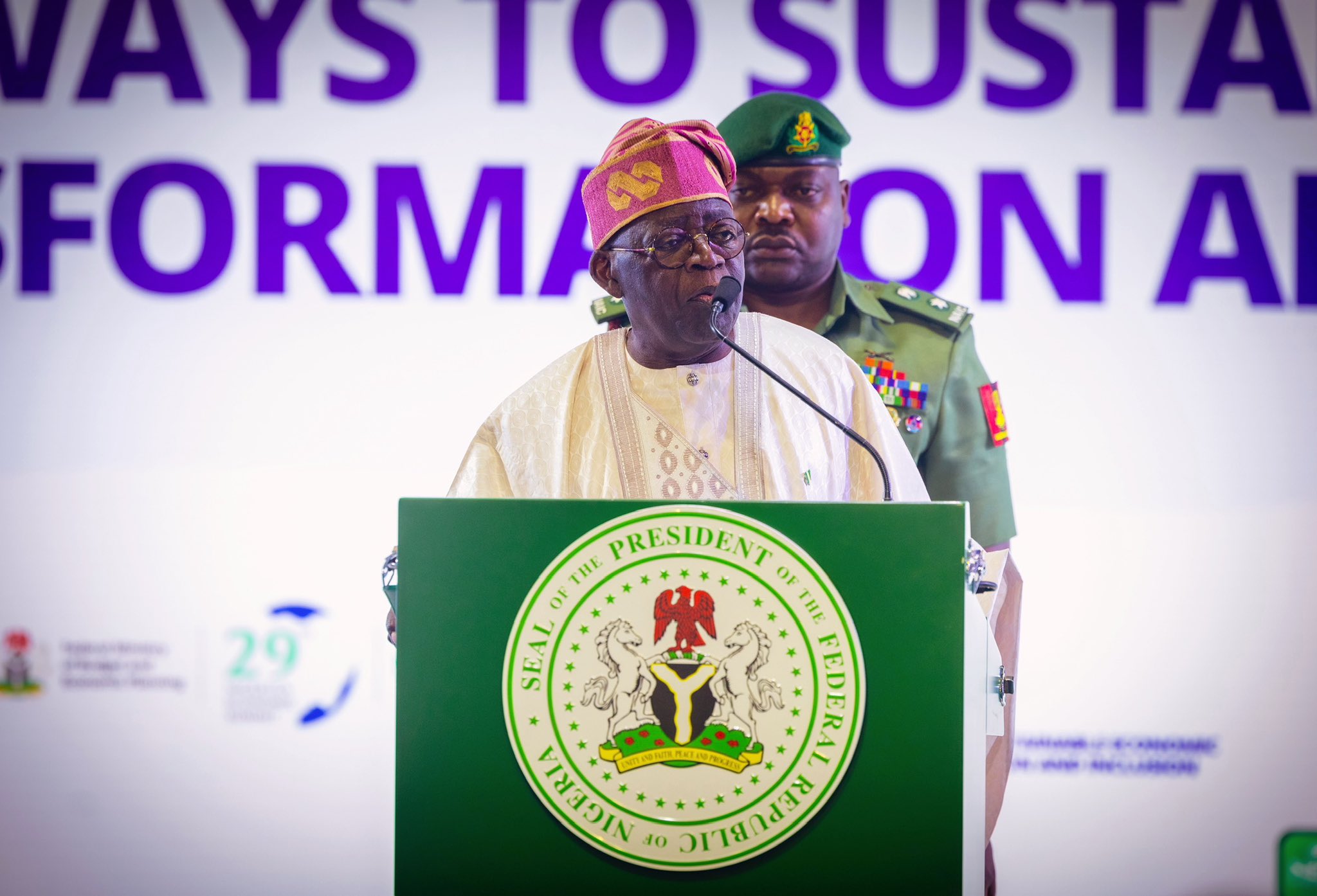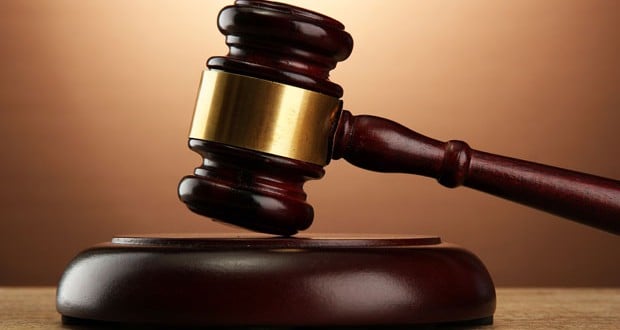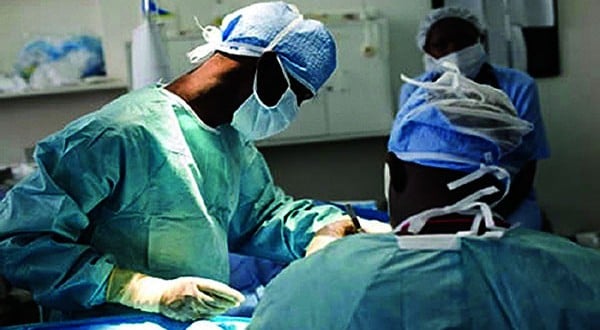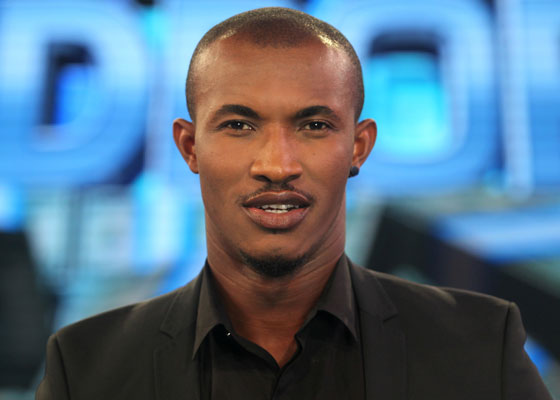The Rural Electrification Agency (REA) says over the past decade, it has attracted over $2 billion in investments in the renewable energy sector.
In a statement in Abuja, Mutari Ibrahim, REA’s director of promotion and outreach, said the agency established partnerships with agencies like the World Bank, African Development Bank, Global Alliance for People and Planet, Rocky Mountain Institute, the Japan International Cooperation Agency, and others.
Other partners, he said, include the Sustainable Energy for ALL, Agence Française de Développement, the United Kingdom Nigeria Infrastructure Advisory Facility, the European Union, the United Nations Industrial Development Organisation, Global Environment Facility, and the United States Agency for International Development.
“From 2020 to date, REA has provided power to over 7.5 million people including 1.5 million households, delivering 130 mini-grid projects, including 1.3 million standalone home systems. The agency has equally deployed over 1,650km of solar street lights, improving power, security, and economic growth in rural areas,” Ibrahim said.
Advertisement
“REA completed 1,403 projects under the capital budget, delivering solar street lights, mini-grid projects, standalone home systems, and grid extension works.
“Through various programmes, including Energizing Education Programme, Energising Agriculture Programme, Beyond COVID-19, and Economic Clusters, REA delivered over 65 megawatts of power across Nigeria’s six geo-political zones.
“REA has delivered over 500MW of power, electrified numerous communities, created 500,000 new jobs, and attracted over $2bn in investments in the renewable energy sector over the past decade.”
Advertisement
According to Ibrahim, the organisation received an additional N4 billion in capital injection grants for 2022 as part of the national strategy for poverty reduction and growth strategy programme.
The grants, he said, were to provide clean power stand-alone home systems to over 50,000 locations, including rural homes, micro-businesses, schools, and faith-based institutions.
“Most recently, on the back of the success of the Nigeria Electrification Project, REA negotiated and secured the advance approval of a $750m facility with the World Bank to expand renewable and rural electrification initiatives, providing additional resources to Nigeria during a challenging period,” Ibrahim said.
Additionally, he said in response to subsidy removal, REA is implementing interventions to develop electric mobility, mini-grids, distribute home systems, and deploy streetlights, potentially supporting up to 250,000 households by 2024.
Advertisement
Add a comment
